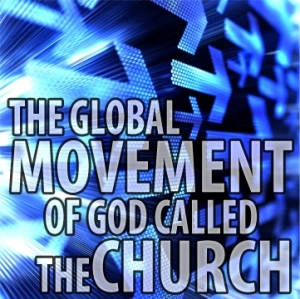When the Apostle Paul was planting churches in the first century, he wrote a letter to a church-planting partner named Titus. He wanted to make sure Titus had not been distracted from first-order business in the church. In the letter, he wrote, “This is why I left you in Crete, so that you might put what remained in order, and appoint elders in every town as I directed you.”
 Three quick observations help us learn something about the appointment of elders in church plants.
Three quick observations help us learn something about the appointment of elders in church plants.
First, there was something that remained undone in the preparation of the church until elders had been put in place. This was not optional, supplemental or secondary. The local churches were incomplete until they had God-ordained leaders.
Second, there was period of time that passed from when these churches were launched and when the elders were in place. Presumably, this allowed time for church health, spiritual growth, character evaluation, doctrinal training, and missional living to develop within the people. We are not told what period of time passed before the establishment of elders in each church, but it is clear that a period of leadership transition is normal for most church plants.
Third, Paul (the visionary leader for the church planting movement) designated a trusted leader named Titus (a regional pastor) to appoint elders for the churches. Paul writes to Titus: “This is why I left you in Crete…” It was a priority for Paul and for Titus in the launching of new churches. Most church plants follow the pattern of a leader or leaders, often from outside the core group, who oversee the church until elders have been raised up from within the new church.
The Global Movement of God
When you step back and look at the big picture, this pattern makes sense. A church is not a stand-alone organization designed for its own good. A church is a part of The Church, a global movement of God to replicate the life and mission of Jesus in people of every tribe. The movement strategy is to launch new local churches that will reproduce authentic Christ-followers in every people group. For the movement to reach its full potential, each new church must join in the global multiplication of churches.
If a new church is indeed part of this global movement, it is clear that establishing healthy leadership in each church is essential to success of the movement as a whole. It is also clear that the elders of the local church should see themselves as leaders in a movement that extends far beyond their local community. They are a team of leaders on assignment in a local church to further reproduce the life and mission of Jesus in a specific place, with the purpose of furthering the global mission of God.
Churches often lose sight of their role in the global mission of God, and a new church struggling to reach the lost, update the website, pay the bills, and survive the next Sunday is especially vulnerable at this point. It takes just a few people to distract or derail a church in its early years. This is why transitional leaders must guard the gate closely and prioritize the training and appointing of elders in a church plant. This is also why the initial elders must understand and embrace their role in God’s movement called The Church. The first elders in a church bear a great burden to keep a rapidly-changing and often immature church on course so that it can maximize its redemptive potential in the world.
-jdl







